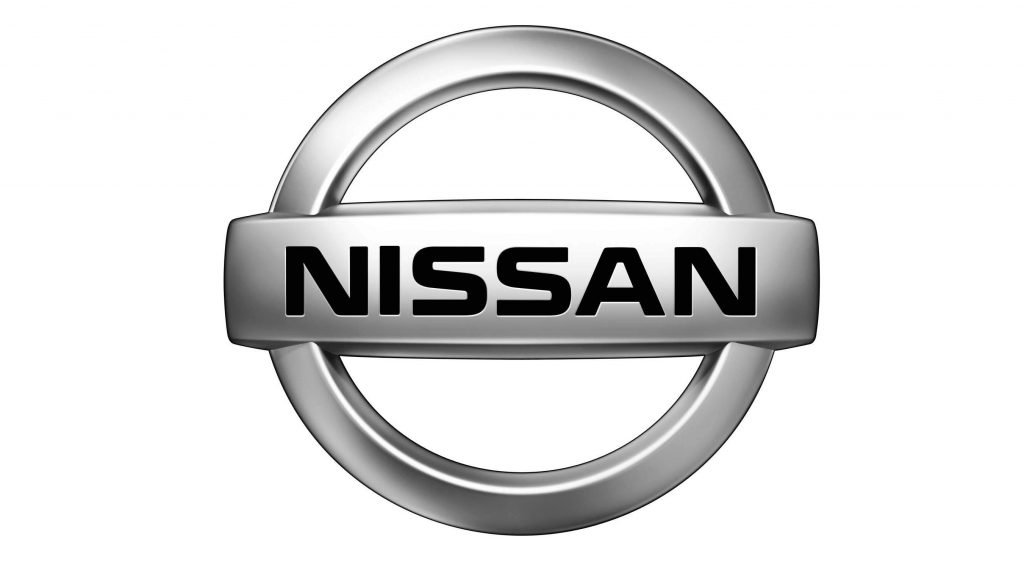NISSAN has today launched Nissan Sustainability 2022, a plan to reduce the company’s environmental impact, strengthen diversity and inclusion, and enhance governance, in line with the company’s midterm plan, Nissan M.O.V.E. to 2022.
This is the first time Nissan has announced a comprehensive sustainability plan, which pulls together all aspects of its environmental, social and governance initiatives into a unified approach.
The plan is anchored by the company’s ongoing Nissan Green Program, which was launched in FY2001 with a long-term vision toward 2050.
Nissan Sustainability 2022 will ensure the company is on track to deliver on these goals as it approaches the halfway point, while also expanding the company’s sustainability mindset to include diversity and inclusion, as well as stronger governance.
“Nissan Sustainability 2022 is fully aligned with our midterm objectives of delivering steady growth and leading the automotive industry’s technology evolution,” said Hitoshi Kawaguchi, Nissan senior vice president and chief sustainability officer. “We believe sustainable mobility will help achieve a world with zero emissions and zero fatalities. Our plan, further enhanced by our efforts to be a truly diverse and inclusive company, will make an important contribution to that effort.”
The plan is organized around an environment, social and governance (ESG) framework, criteria commonly used by investors who monitor a company’s value creation.
Environmental initiatives
The fourth generation of the Nissan Green Program will be a key element of the sustainability plan, focused on addressing climate change, resource dependency, air quality and water scarcity.
Key targets and initiatives include:
- Decreasing CO2 emissions from new vehicles by 40% by FY2022, compared with FY2000 levels, achieved partly by increasing vehicle electrification. Nissan, the market leader in battery electric vehicles, aims for annual sales of 1 million vehicles that are all-electric or have electrified powertrains by the end of FY2022. Nissan will also foster deployment of vehicle-to-everything (V2X) systems globally for improved energy management;
- Decreasing CO2 emissions from production and corporate activities by 30% by FY2022, compared with FY2005 levels, achieved partly by NESCO (Nissan Energy Saving Collaboration) activities lead by global experts;
Reducing use of new materials to 70% by FY2022, achieved partly by promoting circular economy of reused and recycled lithium-ion batteries used in electric vehicles; - Reducing volatile organic compounds in vehicle production processes; and,
- Reducing water intake per unit in global production by 21% by FY2022, compared with FY2010.
Social initiatives
Nissan has long considered driving safety and corporate philanthropy to be the hallmarks of its social initiatives. The new sustainability plan will build on these commitments, while also focusing on diversity and inclusion.
Initiatives in these areas include:
- Setting the ultimate goal of reducing fatalities involving Nissan vehicles to zero, achieved partly by promoting increased vehicle safety with more autonomous systems such as ProPILOT, to be offered in 20 vehicles in 20 markets by the end of FY2022; and,
- Increasing the proportion of female managers to 16% globally, and 13% in Japan by April 1, 2023, partly achieved by providing trainings on diversity and inclusion for all levels of the organization, and proactively implementing remote working and flextime policies to support diverse work styles.
Governance initiatives
Nissan Sustainability 2022 also includes improving the company’s governance through enhanced compliance systems.
Nissan has implemented a “three lines of defense” system, ensuring that more consistent compliance management and controls are in place.
Further actions include:
- Consistent communication on compliance messages in the workplace;
- Compliance management system built and monitored by a dedicated team of experts;
- Building a function to audit internal control;
- Appointing independent, fully dedicated regional compliance officers who will be a key line of defense at the regional level;
- Promoting opportunities for employees’ voices to be heard and non-compliance issues to be resolved in an effective manner through Nissan’s SpeakUp whistle-blowing system; and,
- Enhancing corporate governance with independent directors making up one-third of the board of directors.




